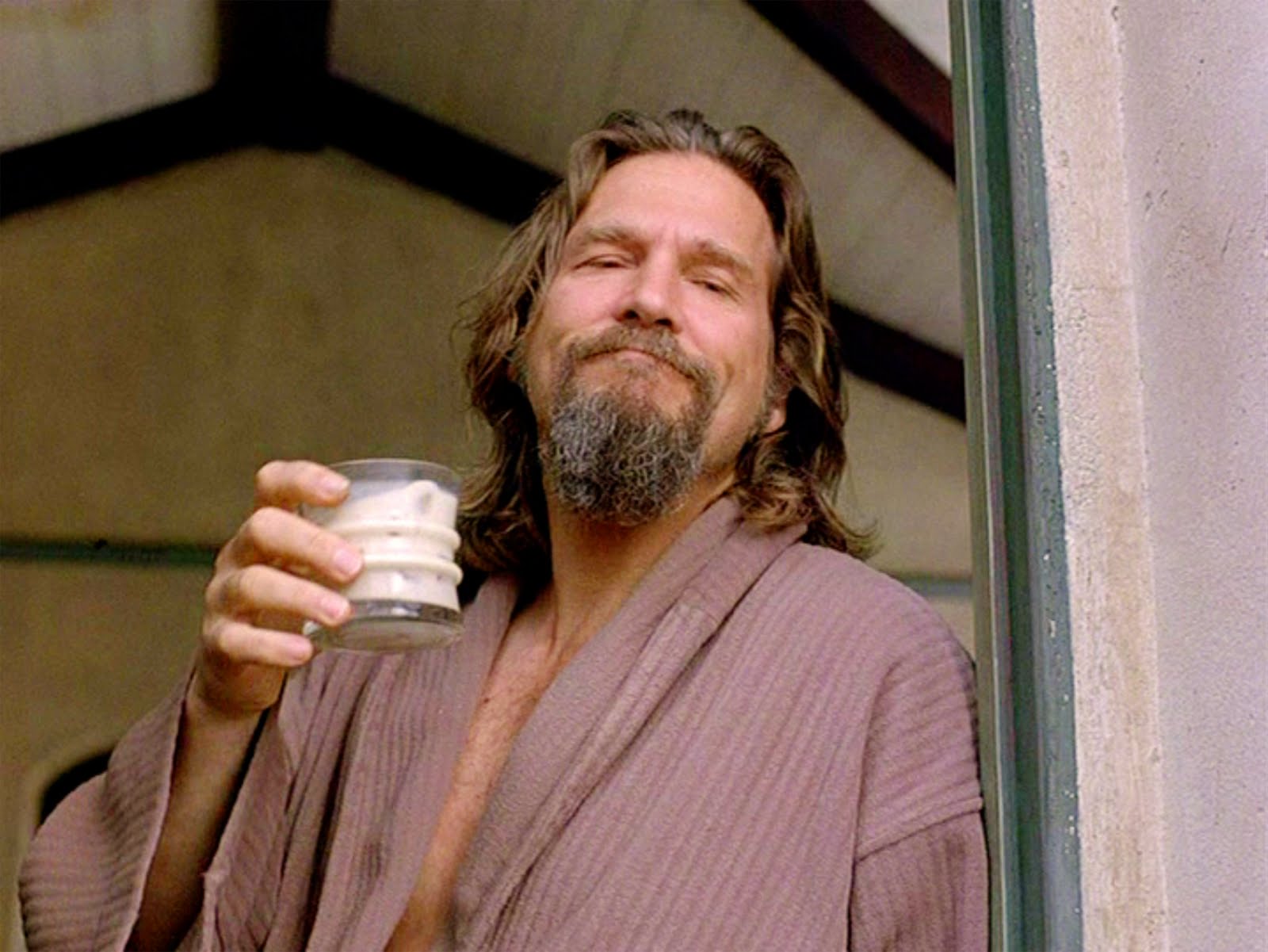A recent study has unearthed something shocking about today’s American literary classics: they all need to wash their proverbial mouths out with a good deal of soap.
According to researchers at the San Diego State University, led by author and psychology professor Jean Twenge, instances of swearing and cursing in books has increased over the last 60 years.
Looking a sample of one million novels written by American authors over that time period, Jean and her studious literary sleuths found that the use of the word “motherfucker” appeared 678 times more often in mid-noughties than in the 1950s. Likewise, the word “fuck” was used 168 times more regularly, while “shit”, unfortunately (or fortunately, depending on your predisposition towards swearing), was used just 69 times more.
The study was looking particularly for the inclusion of curse words described by comedian George Carlin in 1972 as the “seven words you can never say on television” — and examined books published between between 1950 and 2008 that had been designated by Google Books as being “American English”. Their findings suggest that authors are pretty au fait with jotting down a plethora of different swear words while working on their novels.
“I had guessed that the use of swearwords would increase, but I was surprised that the increase was so large – 28 times more,” Jean Twenge said about the findings.
Much of this, the study argues, is down to a loosening in what is now considered taboo in the Land of the Free, while more value on “higher cultural individualism” has meant that, essentially, people just fucking love to swear.
“Individualism is a cultural system that emphasises the self more and social rules less. So as social rules fell by the wayside, and people were told to express themselves, swearing became more common,” Jean suggested. “I think this cultural lens is the best way to view it, rather than as bad or good.”
So, this doesn’t mean that we’ve all become degenerates, which is kind of a shame, really. However, the study argues that it does mean we’ve all become a little better at self-expression, which is never a bad thing.
